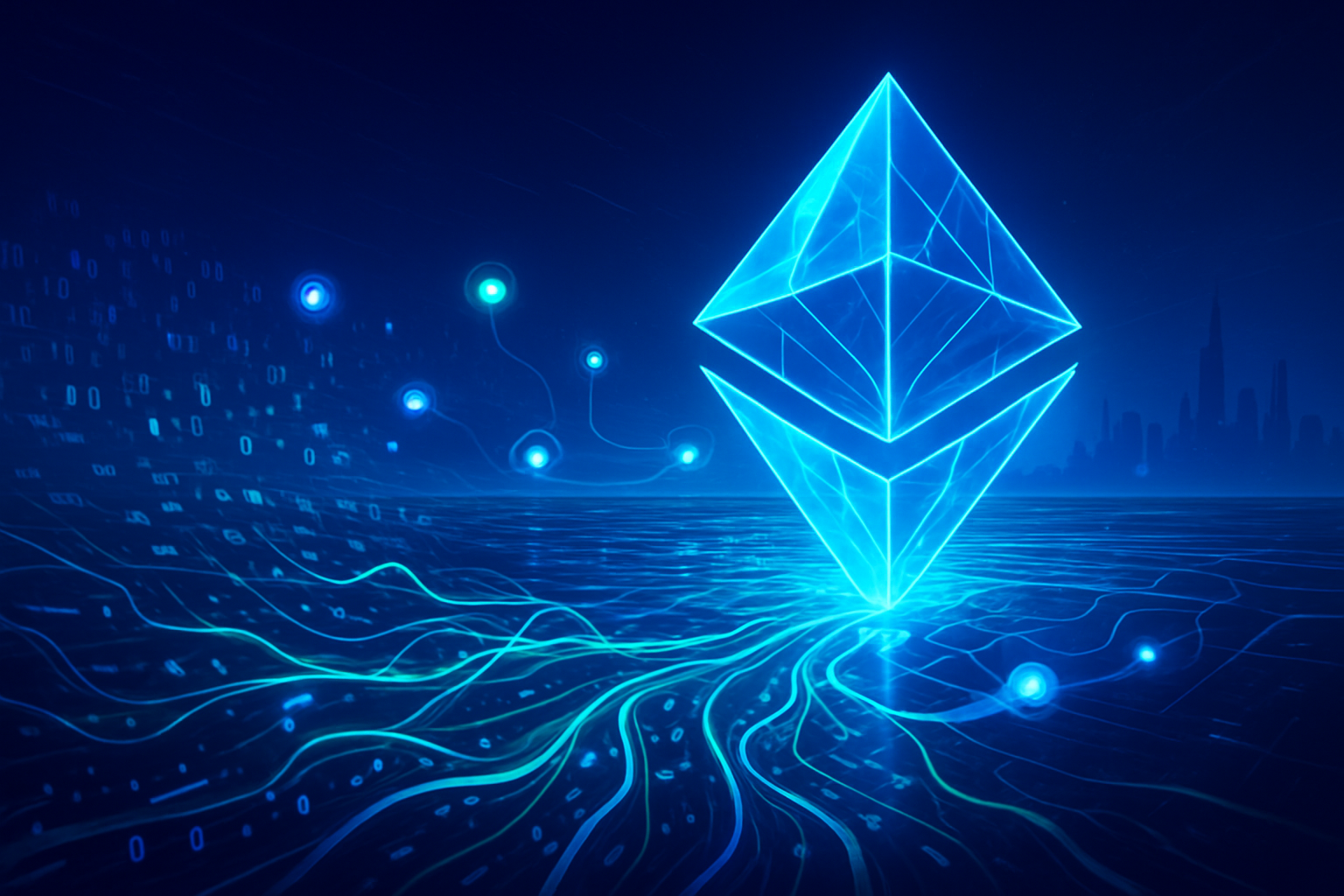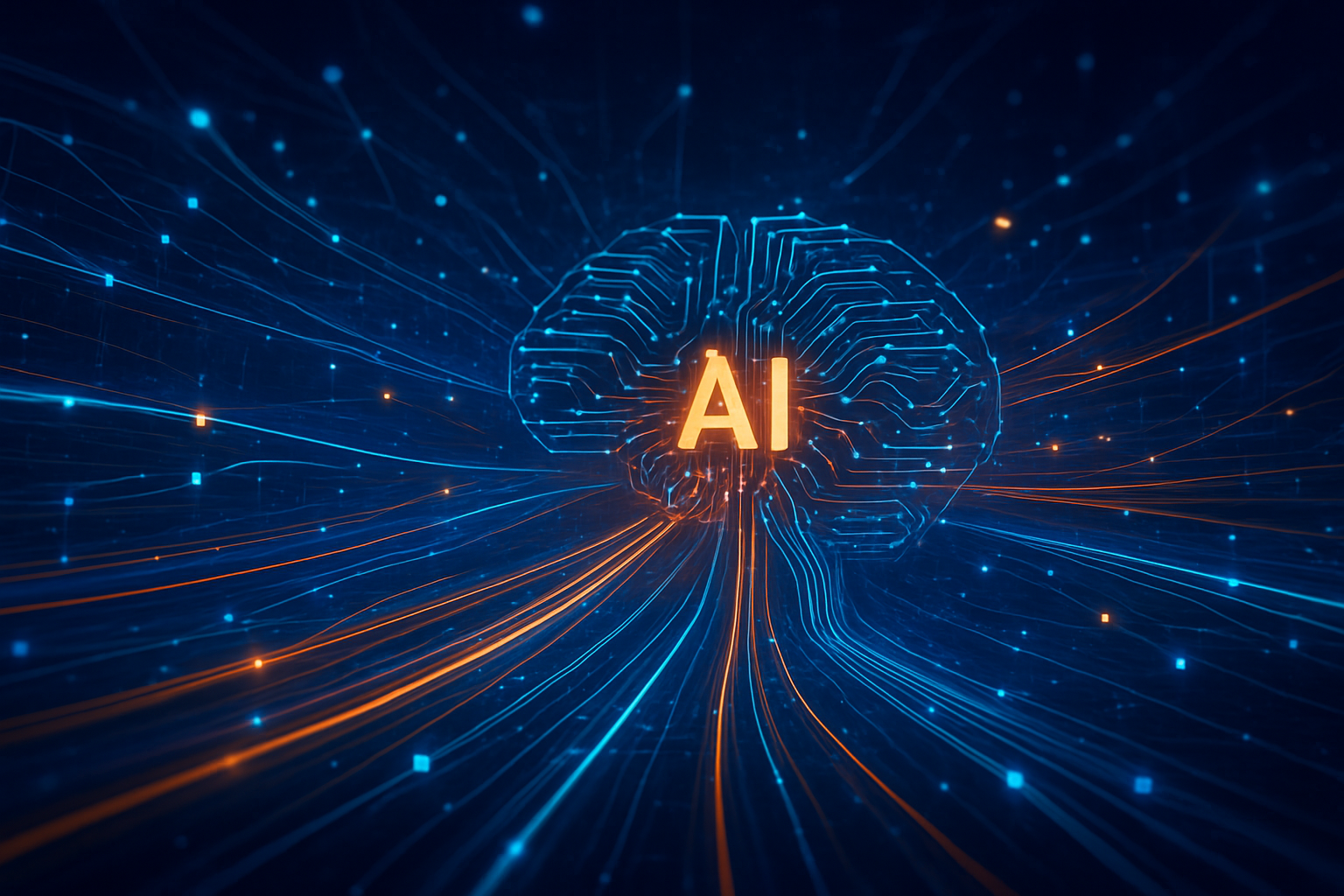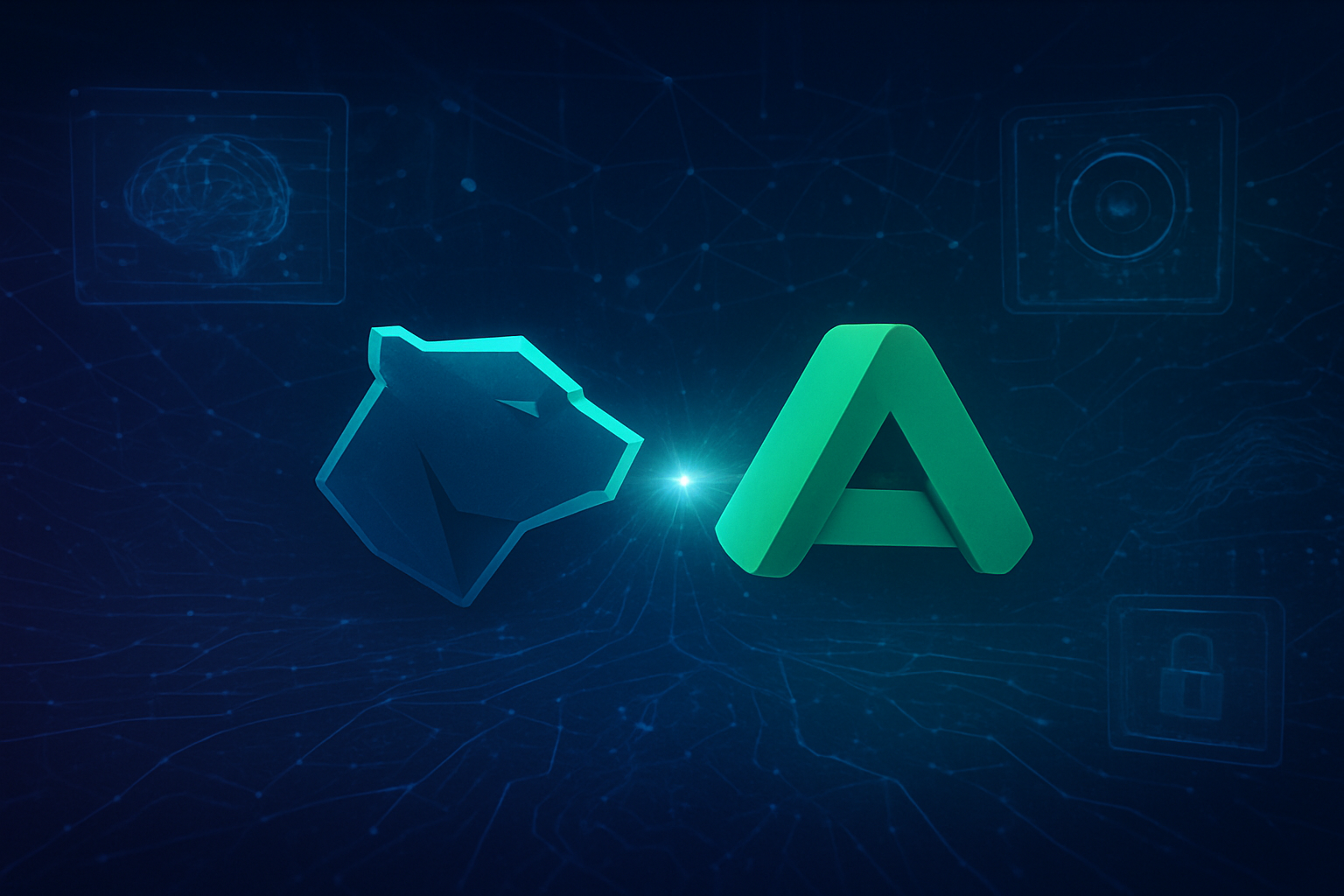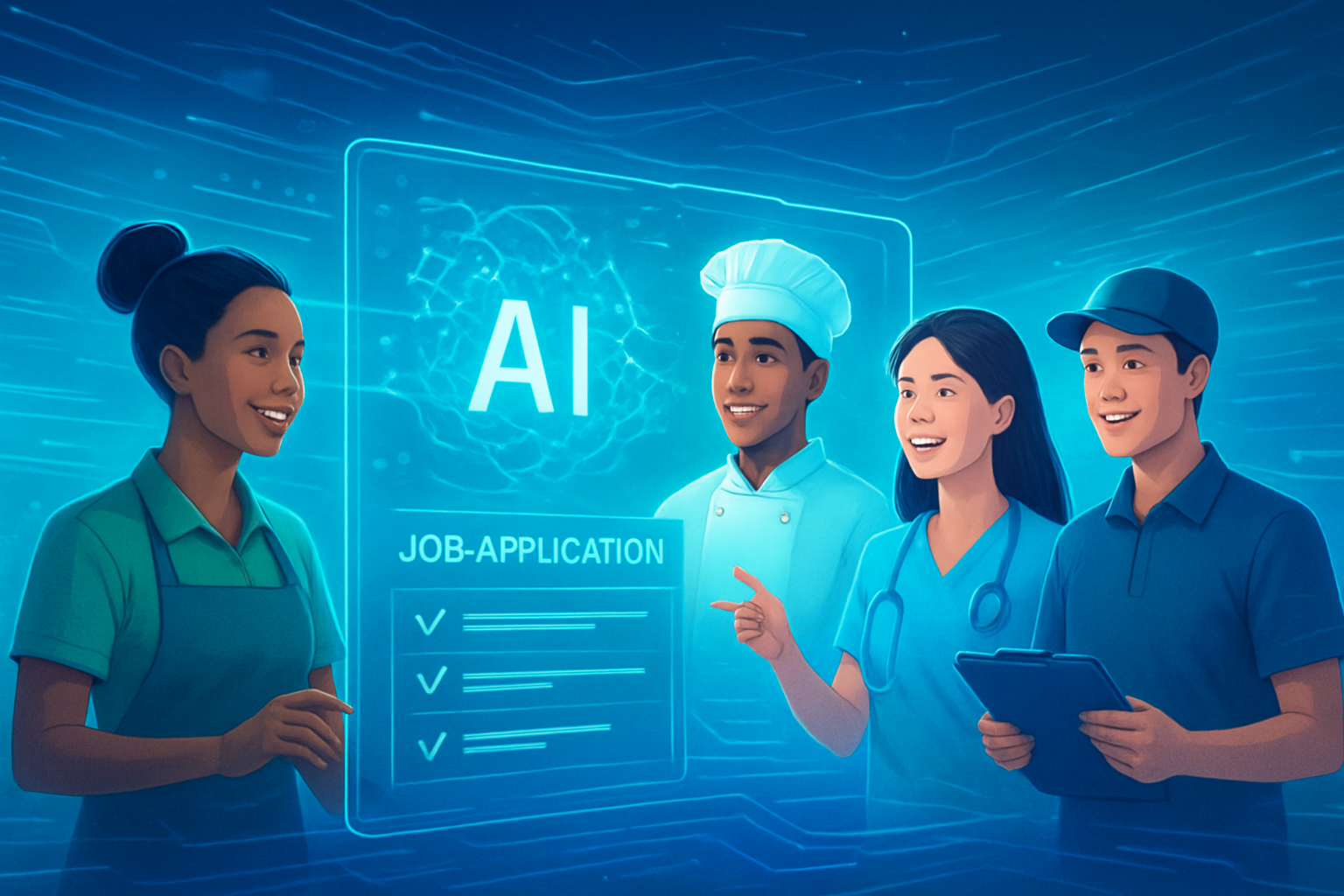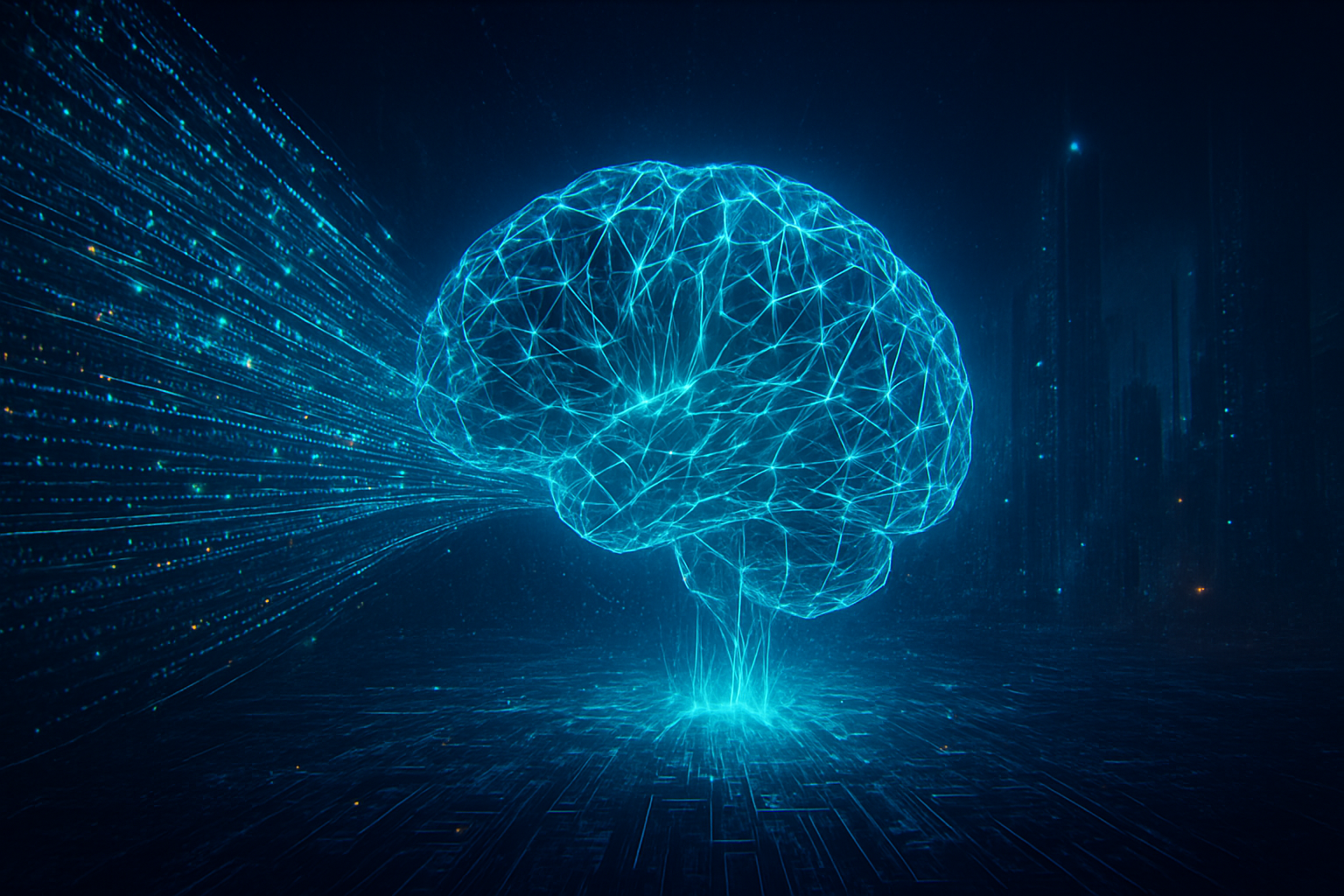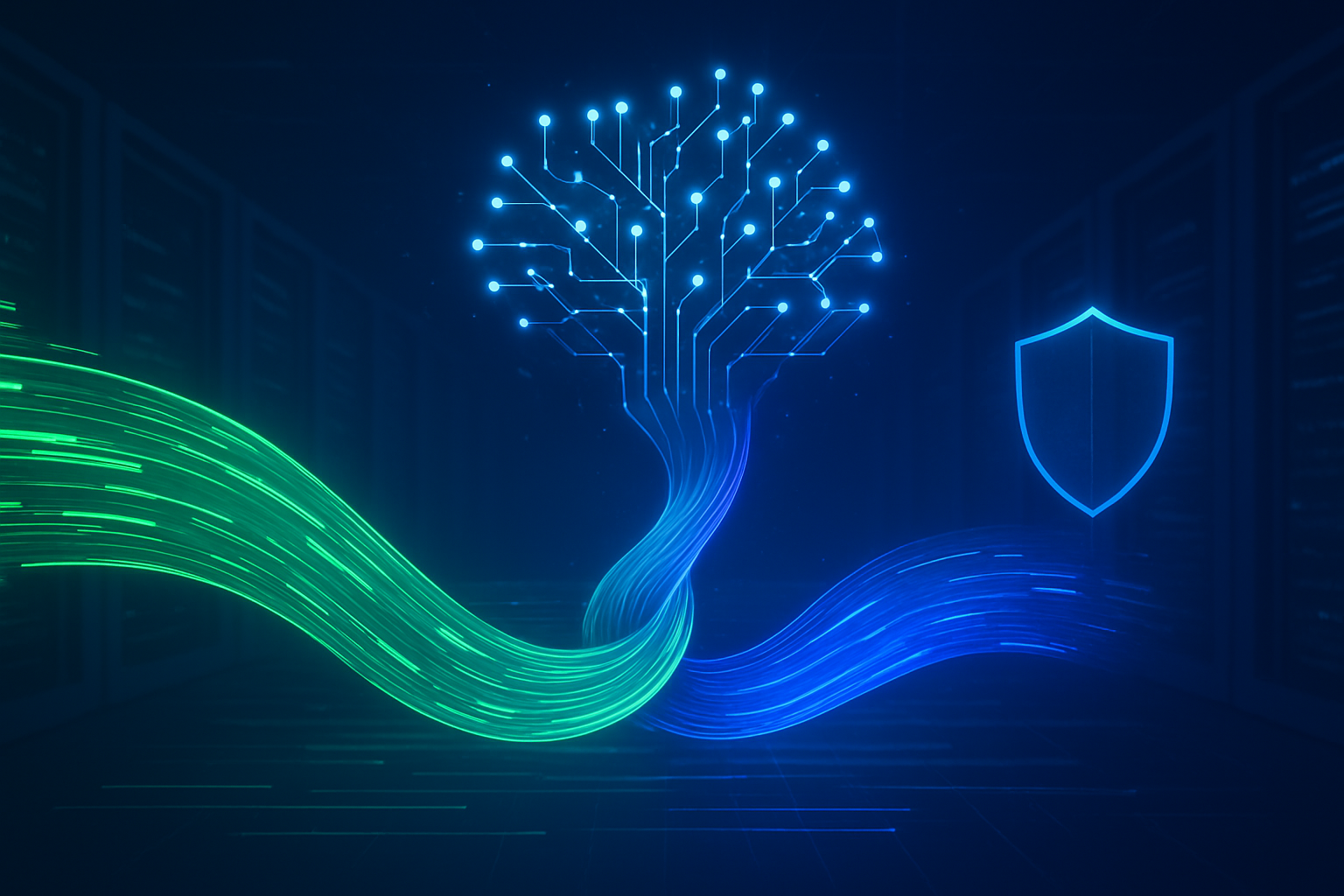In a move that signals a paradigm shift for the enterprise data landscape, Microsoft (NASDAQ: MSFT) officially announced the acquisition of Seattle-based startup Osmos on January 5, 2026. The acquisition is poised to transform Microsoft Fabric from a passive data lakehouse into an autonomous, self-configuring intelligence engine by integrating Osmos’s cutting-edge agentic AI technology. By tackling the notorious "first-mile" bottlenecks of data preparation, Microsoft aims to drastically reduce the manual labor historically required for data cleaning and pipeline maintenance.
The significance of this deal lies in its focus on "agentic" capabilities—AI that doesn't just suggest actions but autonomously reasons through complex data inconsistencies and executes engineering tasks. As enterprises struggle with an explosion of unstructured data and a chronic shortage of skilled data engineers, Microsoft is positioning this integration as a vital solution to accelerate time-to-value for AI-driven insights.
The Rise of the Autonomous Data Engineer
The technical core of the acquisition centers on Osmos’s suite of specialized AI agents, which are being folded directly into the Microsoft Fabric engineering organization. Unlike traditional ETL (Extract, Transform, Load) tools that rely on rigid, pre-defined rules, Osmos utilizes Program Synthesis to generate production-ready PySpark code and notebooks. This allows the system to handle "messy" data—such as nested JSON, irregular CSVs, and even unstructured PDFs—by deriving relationships between source and target schemas without manual mapping.
One of the standout features is the AI Data Wrangler, an agent designed to manage "schema evolution." In traditional environments, if an external vendor changes a file format, downstream pipelines often break, requiring manual intervention. Osmos’s agents autonomously detect these changes and repair the pipelines in real-time. Furthermore, the AI AutoClean and Value Mapping features allow users to provide natural language instructions, such as "normalize all date formats and standardize address fields," which the agent then executes using LLM-driven semantic reasoning to ensure data quality before it ever reaches the data lake.
Industry experts have compared this technological leap to the evolution of computer programming. Just as high-level languages moved from manual memory management to "automatic garbage collection," data engineering is now transitioning from manual pipeline management to autonomous agentic oversight. Initial reports from early adopters of the Osmos-Fabric integration suggest a greater than 50% reduction in development and maintenance efforts, effectively acting as an "autonomous airlock" for Microsoft’s OneLake.
A Strategic "Walled Garden" for the AI Era
The acquisition is a calculated strike against major competitors like Snowflake (NYSE: SNOW) and Databricks. In a notable strategic pivot, Microsoft has confirmed plans to sunset Osmos’s existing support for non-Azure platforms. By making this technology Fabric-exclusive, Microsoft is creating a proprietary advantage that forces a difficult choice for enterprises currently utilizing multi-cloud strategies. While Snowflake has expanded its Cortex AI capabilities and Databricks continues to promote its Lakeflow automation, Microsoft’s deep integration of agentic AI provides a seamless, end-to-end automation layer that is difficult to replicate.
Market analysts suggest that this move strengthens Microsoft’s "one-stop solution" narrative. By reducing the reliance on third-party ETL tools and even Databricks-aligned formats, Microsoft is tightening its grip on the enterprise data stack. This "walled garden" approach is designed to ensure that the data feeding into Fabric IQ—Microsoft’s semantic reasoning layer—remains curated and stable, providing a competitive edge in the race to provide reliable generative AI outputs for business intelligence.
However, this strategy is not without its risks. The decision to cut off support for rival platforms has raised concerns regarding vendor lock-in. CIOs who have spent years building flexible, multi-cloud architectures may find themselves pressured to migrate workloads to Azure to access these advanced automation features. Despite these concerns, the promise of a massive reduction in operational overhead is a powerful incentive for organizations looking to scale their AI initiatives quickly.
Reshaping the Broader AI Landscape
The Microsoft-Osmos deal reflects a broader trend in the AI industry: the shift from "Chatbot AI" to "Agentic AI." While the last two years were dominated by LLMs that could answer questions, 2026 is becoming the year of agents that do work. This acquisition marks a milestone in the maturity of agentic workflows, moving them out of experimental labs and into the mission-critical infrastructure of global enterprises. It follows the trajectory of previous breakthroughs like the introduction of Transformers, but with a focus on practical, industrial-scale application.
There are also significant implications for the labor market within the tech sector. By automating tasks typically handled by junior data engineers, Microsoft is fundamentally changing the requirements for data roles. The focus is shifting from "how to build a pipeline" to "how to oversee an agent." While this democratizes data engineering—allowing business users to build complex flows via natural language through the Power Platform—it also necessitates a massive upskilling effort for existing technical staff to focus on higher-level architecture and AI governance.
Potential concerns remain regarding the "black box" nature of autonomous agents. If an agent makes a semantic error during data normalization that goes unnoticed, it could lead to flawed business decisions. Microsoft is expected to counter this by implementing rigorous "human-in-the-loop" checkpoints within Fabric, but the tension between full autonomy and data integrity will likely be a central theme in AI research for the foreseeable future.
The Future of Autonomous Data Management
Looking ahead, the integration of Osmos into Microsoft Fabric is expected to pave the way for even more advanced "self-healing" data ecosystems. In the near term, we can expect to see these agents expand their capabilities to include autonomous cost optimization, where agents redirect data flows based on real-time compute pricing and performance metrics. Long-term, the goal is a "Zero-ETL" reality where data is instantly usable the moment it is generated, regardless of its original format or source.
Experts predict that the next frontier will be the integration of these agents with edge computing and IoT. Imagine a scenario where data from millions of sensors is cleaned, normalized, and integrated into a global data lake by agents operating at the network's edge, providing real-time insights for autonomous manufacturing or smart city management. The challenge will be ensuring these agents can operate securely and ethically across disparate regulatory environments.
As Microsoft rolls out these features to the general public in the coming months, the industry will be watching closely to see if the promised 50% efficiency gains hold up in diverse, real-world environments. The success of this acquisition will likely trigger a wave of similar M&A activity, as other tech giants scramble to acquire their own agentic AI capabilities to keep pace with the rapidly evolving "autonomous enterprise."
A New Chapter for Enterprise Intelligence
The acquisition of Osmos by Microsoft marks a definitive turning point in the history of data engineering. By embedding agentic AI into the very fabric of the data stack, Microsoft is addressing the most persistent hurdle in the AI lifecycle: the preparation of high-quality data. This move not only solidifies Microsoft's position as a leader in the AI-native data platform market but also sets a new standard for what enterprises expect from their cloud providers.
The key takeaways from this development are clear: automation is moving from simple scripts to autonomous reasoning, vendor ecosystems are becoming more integrated (and more exclusive), and the role of the data professional is being permanently redefined. As we move further into 2026, the success of Microsoft Fabric will be a bellwether for the broader adoption of agentic AI across all sectors of the economy.
For now, the tech world remains focused on the upcoming Microsoft Build conference, where more granular details of the Osmos integration are expected to be revealed. The era of the manual data pipeline is drawing to a close, replaced by a future where data flows as autonomously as the AI that consumes it.
This content is intended for informational purposes only and represents analysis of current AI developments.
TokenRing AI delivers enterprise-grade solutions for multi-agent AI workflow orchestration, AI-powered development tools, and seamless remote collaboration platforms.
For more information, visit https://www.tokenring.ai/.
